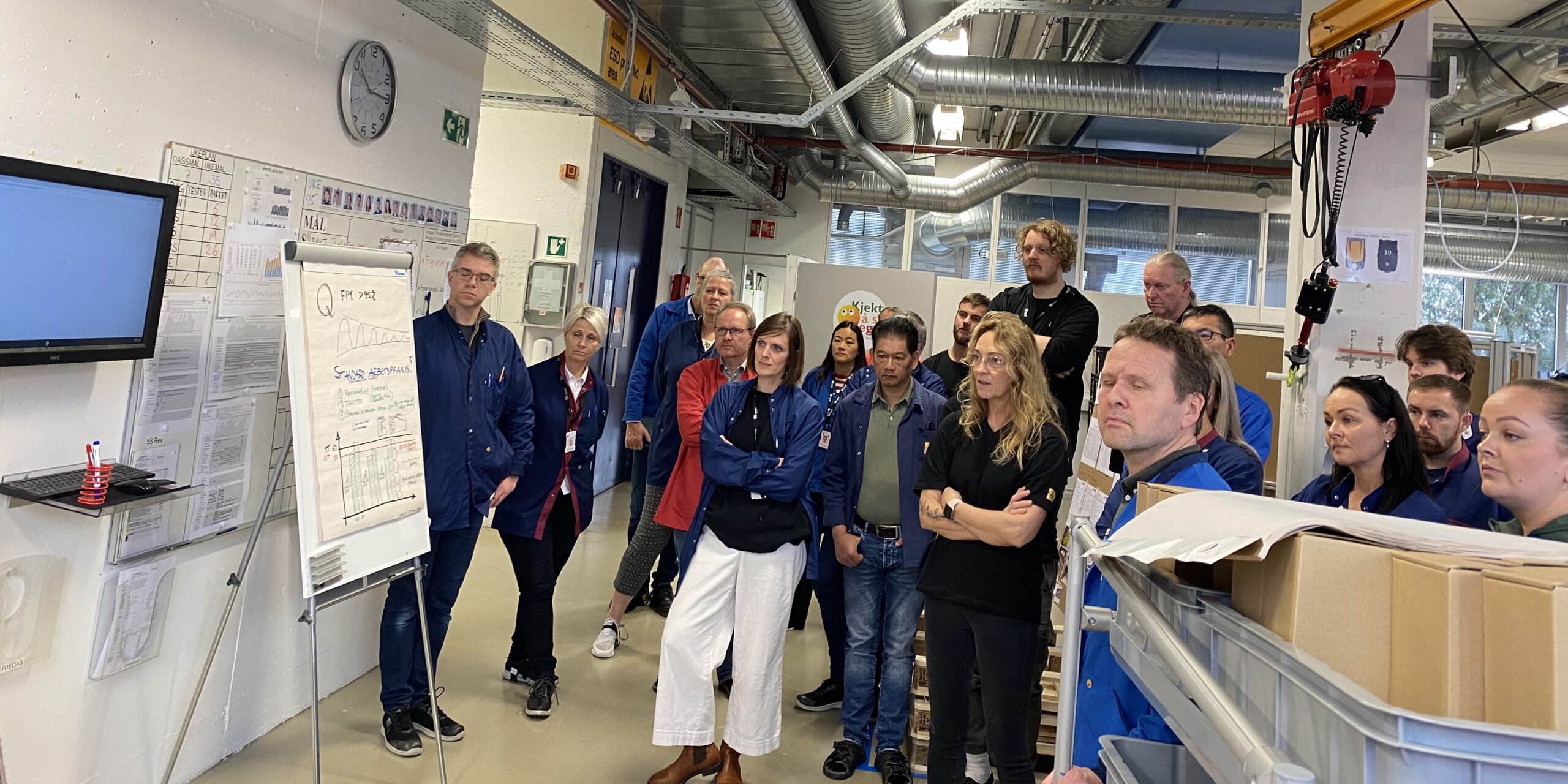
Using lean startup ideas to redesign service to citizens
INTERVIEW – When we think of innovation we rarely think of government, and yet the public sector is in desperate need to modernize and improve. Pierre Pezziardi is on a mission to bring innovation to the French government.
Interviewee: Pierre Pezziardi, Resident Entrepreneur, Secrétariat Général à la Modernisation de l'Action Publique
Planet Lean: When we last spoke, you were working in the private sector. Now you are helping the French Government to use lean startup principles to modernize the service it provides to citizens. How did this happen?
Pierre Pezziardi: In early 2013 I wrote a blog post on the Government’s attempt to establish an incubator for private sector organizations. It explained how the public sector also has a huge problem with innovation, and with the services it provides to French citizens.
Someone in government read the piece and asked me to come in to mentor startup teams within the Secrétariat Général à la Modernisation de l'Action Publique (General Secretariat for the Modernization of Public Action) to solve real world problems and improve services. Experiments carried out so far include: big data resources (like the National Address Database); a social aid website that tells citizens what benefits they are entitled to; MPS, Marché Public Simplifié (public procurement); and even a service to book a taxi with one click.
Innovating can be a painful process, especially in an organization that is full of rules and red tape. Nonetheless, Government was open to experiment because they know people are not happy and that services must improve. Its ultimate goal is to create an actual mechanism for innovation, and to become a learning organization.
PL: The perception is that private and public sectors are very different when it comes to innovation. Are they?
PP: I don’t see any differences, to be honest. Just like a manufacturer makes products for millions of customers, the government provides services to millions of citizens.
Private companies and government have exactly the same problems when it comes to innovation, because they have the same organizational patterns: they both tend to perpetuate the process and the system rather than focus on the service they provide. Organizations can be very inward looking.
PL: In your presentation at this year’s Lean IT Summit, you said that in your work you don’t look for innovations, but for the innovators. What do you mean by that? And what are the characteristics of an ideal innovator in your opinion?
PP: The most critical characteristic is indignation, I think, that feeling of being treated unfairly because of the way a service is provided. This is the only thing that the people I work with to modernize government services have in common. Some of them are tech guys or agile people, but others are civil servants, who at last feel like they have an opportunity to do something.
It is my job to help them with their projects and to come up with the resources they need. Anybody can plan, design and roll out a digital product, so long as they have the right drive and motivation. It doesn’t matter whether they have ever even touched a computer – they will be able to do it in just a few months.
PL: When people think of government, the last thing they think about is innovation. What’s the most difficult thing about innovating in government?
PP: To realize that to change a product you need to change a process.
I see a huge cultural shift taking place. When it comes to digital innovation, change happens incrementally, and is informed by the customer. There is no longer a need to release a product or a service only when it is ready and perfect. People don’t expect it, but they do want to get involved.
Our websites are all in beta version, which is often displayed at the top of homepage. This is a first, and we are now being very open about telling people that we are experimenting with the sites and improving as we go. And you know what? The sky hasn’t fallen on us yet!
What I would like to do during my time in government is to develop a community of innovators. It is the only way I can create something that stands the test of time.
THE INTERVIEWEE

Read more


FEATURE – How Lærdal Medical was able to enthusiastically restart its lean journey with help of a good old-fashioned Kaizen Week.


INTERVIEW – The former executive of the Toyota Material Handling plant in Italy reflects on how Sadao Nomura’s “Dantotsu” method helped them to drastically improve quality.


FEATURE - What do Toyota and Procter&Gamble have in common? A passion for developing people, a focus on customer satisfaction, and... enviable results that are sustained over time.


INTERVIEW – A new book on hoshin kanri is out! We sit down with the author to learn about the publication and how it can help organizations.

